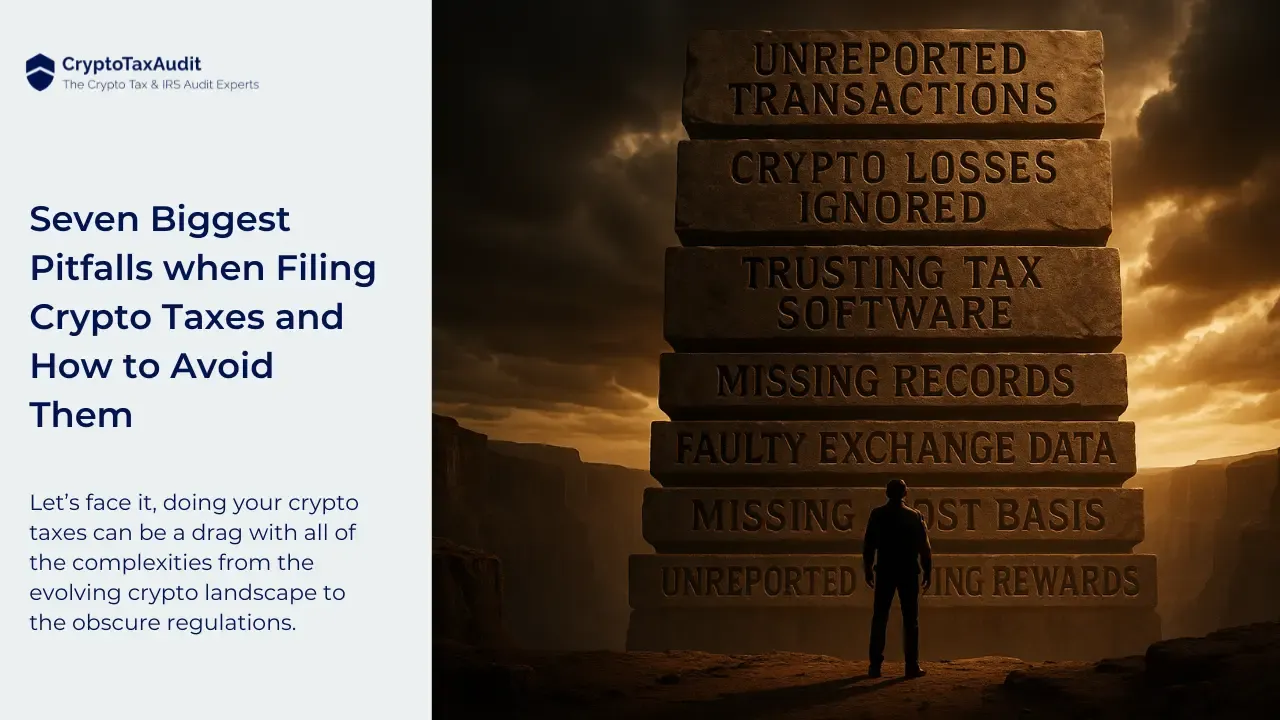Personal Representatives— Estates
Jan 01, 2023Generally, as a personal representative (PR) of an estate, you must collect all of the decedent’s property, pay creditors, and distribute assets to beneficiaries. In addition, you are responsible for filing tax returns and ensuring that any tax owed is paid.
State Law
Under state law, a personal representative is the person appointed by the court to administer an estate. The term includes both executors (appointed when the decedent has a will) and administrators (appointed in the absence of a will). A personal representative nominated in a will has no authority over estate assets unless appointed by the court. The probate court will issue Letters Testamentary (called Letters of Administration or Letters of Representation in some states) authorizing the personal representative to act on the decedent’s behalf to handle his or her tax returns and other matters.
No Court-Appointed Representative
When there is no probate and no appointed representative, the IRS will allow a “person in charge of the decedent’s property” to file the decedent’s tax returns and claim refunds. IRS written guidance does not specify who this person should be. If there is a surviving spouse, he or she usually files a joint final Form 1040 and any other required returns. If there is no surviving spouse, the person is commonly:
• The trustee of the decedent’s revocable trust,
• The personal representative nominated in the will who would have been appointed if probate was required, or
• A beneficiary receiving non-probate assets who undertakes the work.
The IRS uses the term “personal representative” to refer to anyone filing for decedent, whether or not court appointed.
Specific Duties
Specific duties depend on the size and complexity of the estate and state law. In general, you will work with estate’s attorney, the decedent’s family, and other parties to perform duties such as:
- Obtain the original will, codicils, and trust agreements.
- Obtain names, addresses, and SSNs for all beneficiaries.
- If necessary, start the probate process and obtain court appointment as Personal Representative.
- Obtain an EIN for the estate by filing Form SS‐4, Application for Employer Identification Number (EIN). You can obtain the EIN immediately at www.irs.gov by searching “EIN online.”
- Open an estate checking account using the EIN assigned to the estate. Close all checking accounts in the name of the decedent. Use the checking accounts ledger or other means to list each deposit or payment.
- Have mail related to the estate forwarded to you.
- Ensure that the Social Security Administration is notified of the death to stop payment. As necessary, see that direct deposits in the month of death are withdrawn or checks are returned.
- If the decedent held any life insurance policies, notify the company of the death.
- Notify health insurance providers of the death.
- Notify employer(s) of the death.
- Identify and value the decedent’s assets and liabilities. Prepare an inventory for filing with the court in the case of probate. Arrange for appraisals as required.
- Manage the assets by:
– Depositing all funds received by the estate,
– Paying bills as they come due. Sell property in order to pay bills. Consult with an attorney in the event that estate assets are insufficient to pay bills and claims.
– Paying specific gifts listed in the will.
– Reinvesting excess assets in secure short-term assets.
– Keeping track of estate expenses paid by the personal representative. - Protect assets by:
– Keeping insurance coverage on the decedent’s car(s) and home(s) up to date.
– As necessary see that normal maintenance is performed on home(s) owned by the estate. - Notify creditors through the probate process and/or directly by mail.
- Prepare an inventory listing the date-of-death value of all assets owned by the decedent.
- Prepare a final account listing all assets received and expenses paid during the estate administration. Obtain approval of beneficiaries and the probate court (if necessary).
- Close out the estate after the final account has been filed and estate tax clearance received (if necessary) by distributing checks to beneficiaries and obtaining signed receipts from the beneficiaries.
Decedent’s Tax Returns
As personal representative, you are responsible for the following tax returns, when required.
- Form 1040. Final tax return for year of death (gross income of a decedent from January 1 until the date of death is reported on the decedent’s final income tax return).
- Form 1041. Income tax returns for the probate estate (required if income greater than $600 is received after death by the decedent’s estate).
- Form 706. Estate tax return [required if decedent’s estate exceeds the estate tax exclusion ($13,610,000 in 2024) or if a portability election is made].
- Form 709. Gift tax for year of death [required if the decedent gave more than the annual exclusion ($18,000 in 2024) to any one person in the year of death or failed to file any prior year gift tax returns].
- Returns not filed by the decedent for prior years.
- State income tax and estate tax returns.
You, as the personal representative, may be personally liable for unpaid tax if you distribute assets, the estate is insolvent as a result, and you had notice of the tax claim.
Notice of Fiduciary Relationship
You must notify the IRS of the fiduciary relationship. Form 56 can be used for this purpose. Form 56 can also be used to notify the IRS of a change in fiduciary or termination of the fiduciary relationship.
Prompt Assessment
Form 4810 can be filed to request the statute of limitations for tax returns be shortened from three years to 18 months. Form 4810 is filed separately after the returns are filed. Prompt assessment can be requested for estate income tax and individual returns, including returns filed by the decedent. Prompt assessment cannot be requested for federal estate tax.
Discharge from Personal Liability
By filing Form 5495, you can request discharge from personal responsibility for estate, gift, and income tax after returns are filed. The personal representative is discharged from personal responsibility nine months after receipt of the request by the IRS, unless notified of unpaid tax.
Copyright © 2024 Tax Materials, Inc.
All Rights Reserved





